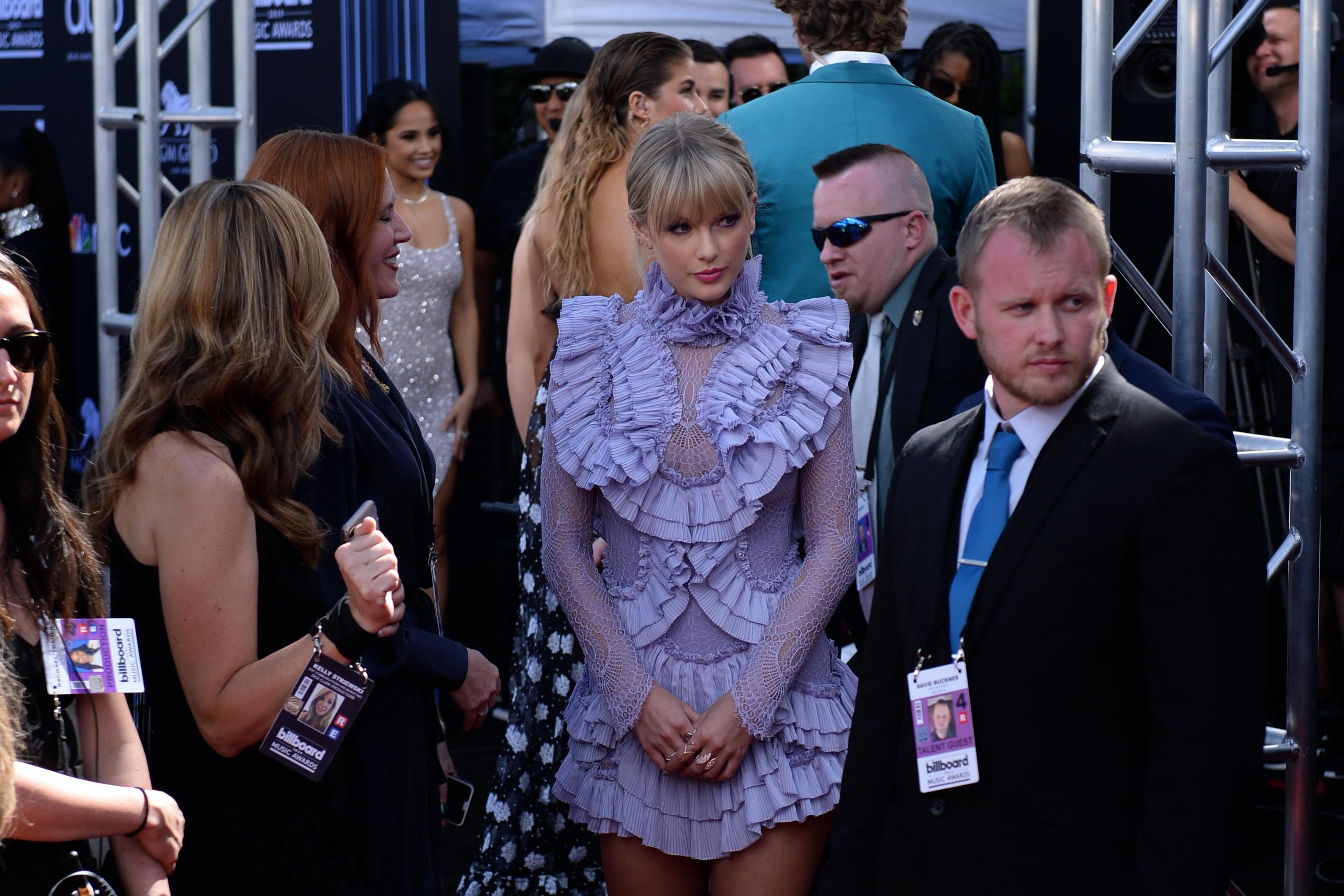For Taylor Swift fans, the acquisition of the star’s former label, Big Machine Label Group, by longtime Swift antagonist Scooter Braun’s Ithaca Holdings LLC has created something of an ethical dilemma. Can Swifties feel comfortable listening to their icon’s pre-Lover back catalog when they know its royalties will trickle into coffers of a man Swift herself accused of “incessant, manipulative bullying”? Kelly Clarkson took to Twitter to make an interesting suggestion: that the pop star rerecord and rerelease her first albums in order to get around Braun’s ownership.
Braun, who is well known in the music industry for managing Kanye West at the peak of the rapper’s tiff with Swift, now owns the master recordings of Swift’s entire six-album catalog and stands to collect royalties on everything she released prior to signing with Universal Music Group in 2018. Swift is known for speaking out against unfair conditions in the music industry and lamented Braun’s purchase of her work in a Tumblr post, calling it “my worst case scenario,” and the product of an industry led by executives for whom “the term ‘loyalty’ is clearly just a contractual concept.” The celebrity social media landscape has effectively fractured between the Braun and Swift camps, with many pop artists joining Swift to decry the power that labels have over an artist’s work.
If Swift were to take Clarkson’s advice and rerecord her catalog in order to get around the copyright on the masters, she wouldn’t be the first to try the tactic. Prince threatened to pursue a similar route during a label dispute that ultimately lasted 18 years and saw the artist change his name into a symbol in protest. Indeed, the artist released a rerecording of “1999” shortly after Warner Bros. distributed a single version to radio stations. From Chuck Berry to Tracy Chapman to Def Leppard to early-aughts JoJo, there is a long history of artists rerecording their hits in order to renegotiate their rights and claim their royalties.
Swift’s status and voice in the music industry have made her into something of a Prince-like figure, though I doubt she would go as far as to change her name over the dispute. (If she did, it would surely be an emoji.) It would definitely be interesting to see how a 2019 Taylor Swift would approach her early career cross-over country hits, and a move from her could inspire a change in industry practice. It wouldn’t be the first time.
